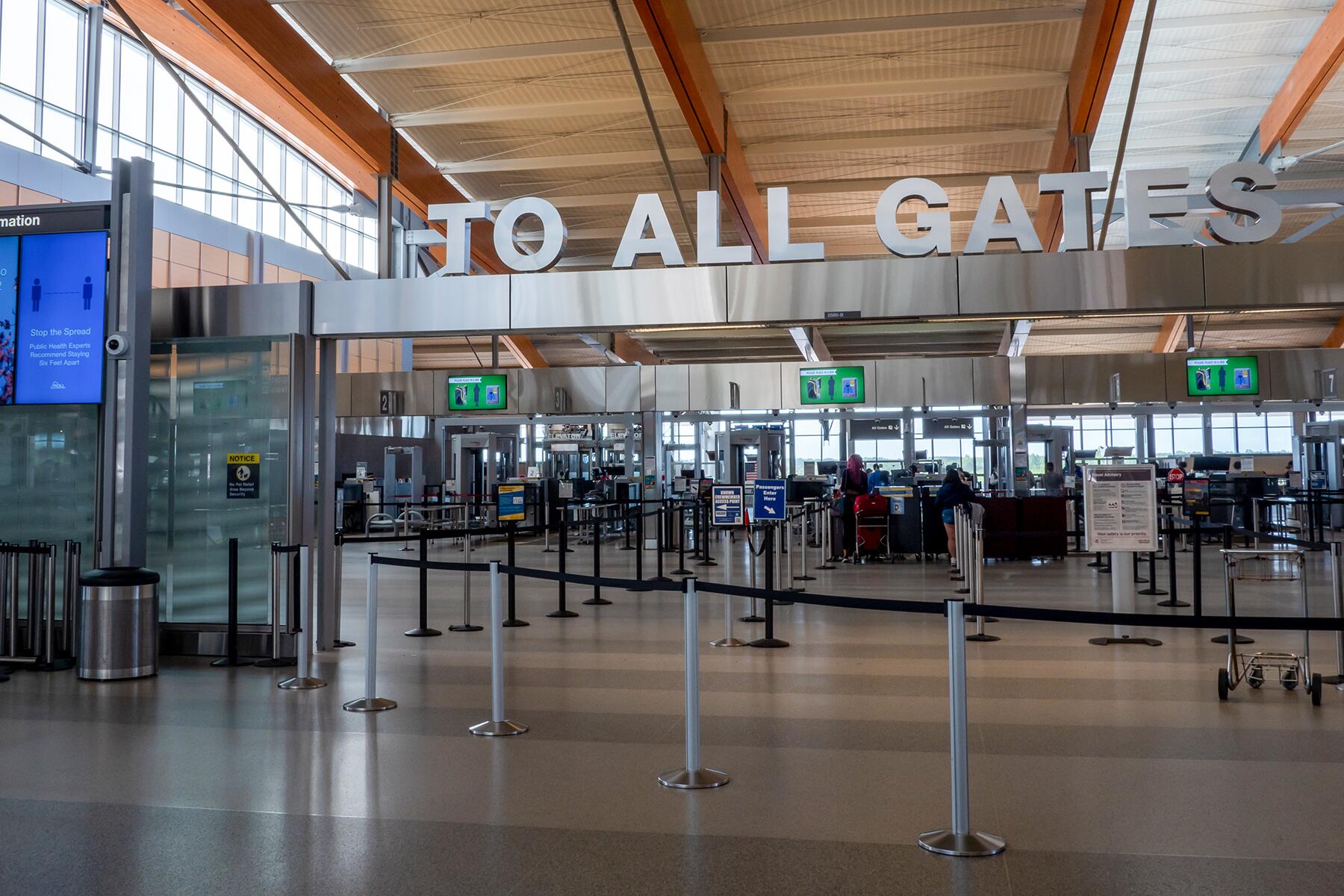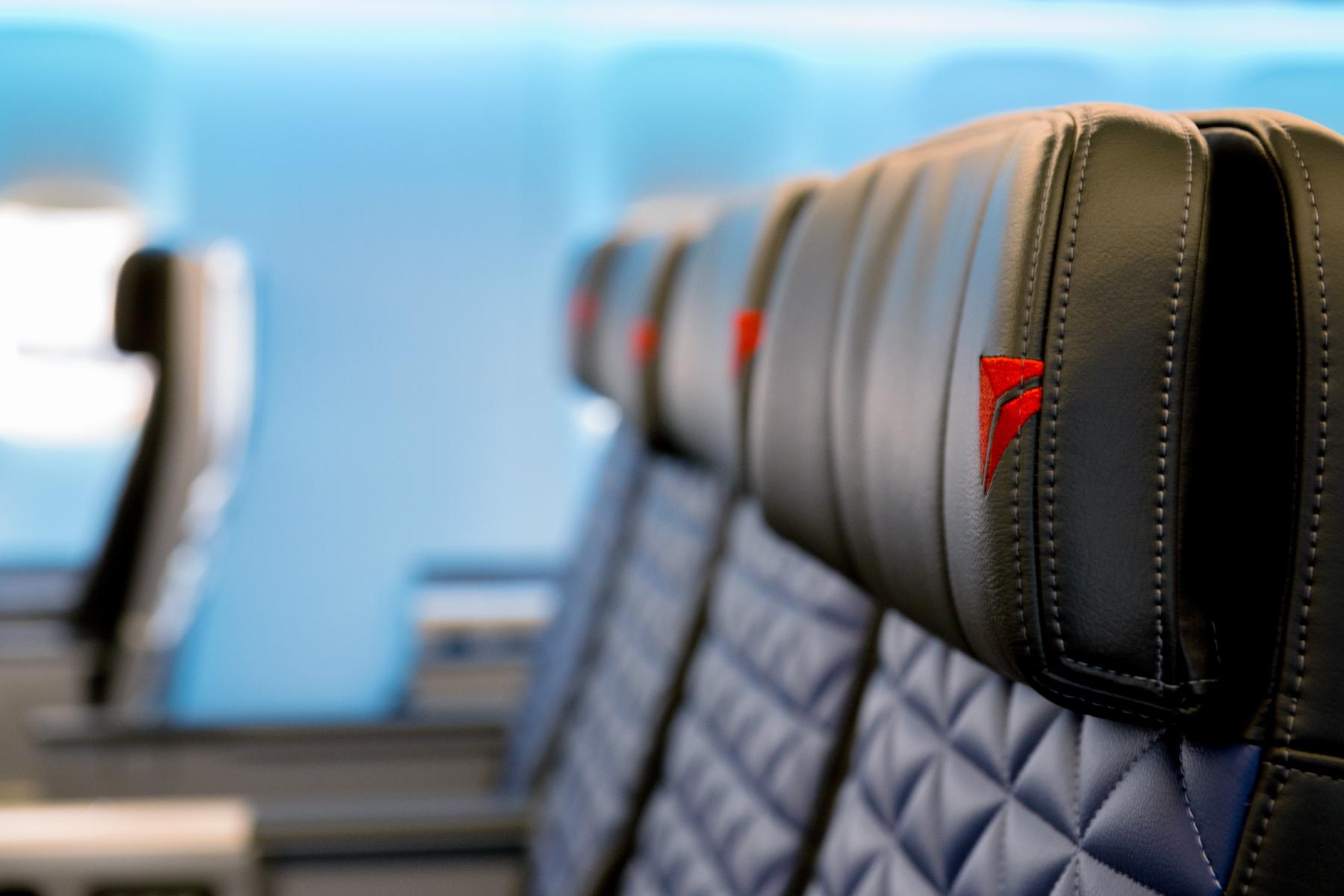How to stay safe and healthy while flying with an allergy.
Living with a severe allergy is stressful enough without being trapped inside a small space 30,000 feet above the ground. Thankfully, there are many ways to prepare for your flight in order to avoid an allergic reaction. We talked to allergists about everything you need to know before flying with a severe allergy.
Request a Special Meal More Than 24 Hours Ahead
For starters, reach out to the airline or choose a special meal as soon as you book your flight. While short rides won’t offer meals of any sort, it’s always good to confirm what the options are ahead of time. “Check to see if this option is available when booking your flight, but remember to review the ingredient list for yourself,” Dr. Lakiea Wright, MD MAT MPH and practicing physician at Brigham and Women’s Hospital and medical director of U.S. clinical affairs at Thermo Fisher Scientific tells Fodor’s.
Alert the Airline of Airborne Allergies
If you have a severe, airborne allergy, like peanuts, taking your chances with what other people bring is risky, to say the least. “Ask the airline if your food allergen will be served on board,” Dr. Wright says. “If so, ask if they can create a buffer of seats between you and where the food allergen is served or eaten.”
Pack Your Own Food
While requesting an allergy-free meal is important, if you’re concerned about cross-contamination or a forgotten meal, packing your own is a good bet. “It’s best to bring your own food onboard as you know what you can and cannot eat,” Allergist Tania Elliott, MD, spokesperson for the American College of Allergy, Asthma, and Immunology, tells Fodor’s. Enjoy your food without worry.
Recommended Fodor’s Video
Fly Early in the Morning to Have the Most Thoroughly-Cleaned Plane
AARP reports that planes generally have their most thorough cleaning overnight, so taking the first flight in the morning can help prevent any residual allergens. Plus, then you get to enjoy more of the day at your destination—a win-win.

Wipe Down Your Seat Area
Life doesn’t always allow for the first flight of the day so taking cleanliness into your own hands is key. “If you have a severe allergy, be vigilant about disinfecting the tray tables and armrests and having your seat cleaned. Hand sanitizer doesn’t get rid of food allergens, so it’s best to use soap and water,” Dr. Elliott says. “Avoid touching the magazines in the seat pocket, as you don’t know what food allergens may be present.” When you think about all the gross germs on a plane, allergy or not, you’ll want to wipe everything down anyways.
Carry a Translated Card With Your Allergy Information If Flying Internationally
If you’re traveling somewhere where English isn’t the official language, a translated card that explains your allergy can be extremely helpful. The same is true for the plane ride over. While most flight attendants will be fluent in English, technical allergies may be more complicated to explain. Better to be safe than to deal with any miscommunication.
Tell Flight Attendants
On that note, tell the flight attendants about your allergy as soon as you board. This will allow them to make an announcement for any airborne allergies, as well as move you if necessary. Alerting the gate staff can help as well. As Dr. Wright explains, the Department of Transportation recently ruled that anyone with a food allergy can preboard on flights. However, it’s not clear if every airline is doing this, so call ahead to make sure.
Keep Allergy Medicine on Your Person Instead of in the Overhead
You never know when you’re going to need your allergy medication, and the last thing you want is to not be able to access it due to turbulence or some other reason. Always keep your medicine at your seat, instead of in the overhead bin or checked away. “Make sure that you have your Benadryl and epinephrine injectable devices with you, in the event you have an accidental ingestion,” Laura Helfner M.D. tells Fodor’s. Seriously, the last thing you want is to be having an allergic reaction and have bags come tumbling out at you while trying to get medicine.
Have a Plan in Place in Case of a Reaction
Unfortunately, flying with a severe allergy means things are not completely under your control and emergencies may happen. Dr. Elliot stresses the importance of carrying your EpiPen with you—again, not overhead—as well as having a plan in place in case of emergencies. Being prepared for anything is the best way to ensure you’re safe while flying.



